This book explores the ways in which Latin American poets, novelists, journalists, public intellectuals, and a vast number of unknown soldier-memorialists produced aesthetic and political discourses on World War I asa Latin American literary event. Siskind presents a unified Latin American corpus that sheds light on the possibility of understanding World War I not just as a European affair, but also as a privileged symbolic horizon against which some of the most important Latin American writers of that period worked through collective and individual anxieties. This corpus sheds light on the interwoven meaning of the nation, modernity, cosmopolitan ethical demands, and the globalization of mass violence. The book interrogates wars (and world wars in particular) as they break down and rearrange the spatial meaning of particular world mappings, and how Latin American writers anxious about their place in the universalized order of modernity might have perceived these shifts as an opportunity to negotiate symbolic re-inscriptions of their political and aesthetic horizon. Looking at texts on ruins and trenches, on spies and politics, on everyday life and affective engagements with the traumatic core of the war, this bookunveils a historical and literary archive that reconceptualizes and expands the globality of World War I, inscribing Latin American writers in its discursive making. It proposes productive dialogues and polemics with the fields of British, French, and German war literature (whether modernist, moralist, or sentimental), as well as with the emerging critical discourses of postcolonial war literature and global modernisms.
-
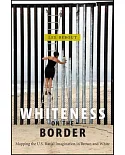
Whiteness on the Border: Mapping the U.S. Racial Imagination in Brown and White
$1,170 -
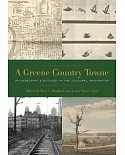
A Greene Country Towne: Philadelphia’s Ecology in the Cultural Imagination
$3,823 -
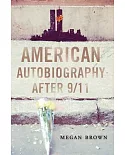
American Autobiography After 9/11
$2,923 -
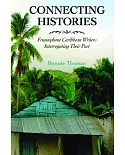
Connecting Histories: Francophone Caribbean Writers Interrogating Their Past
$2,925 -

American Literature And Culture: 1914 to the Present
$2,698 -
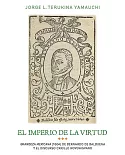
El imperio de la virtud: Grandeza Mexicana (1604) De Bemardo De Balbuena Y El Discurso Criollo Novohispano
$5,175 -
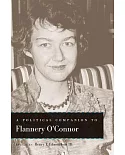
A Political Companion to Flannery O’connor
$2,700 -
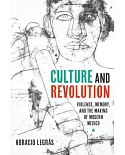
Culture and Revolution: Violence, Memory, and the Making of Modern Mexico
$1,348 -
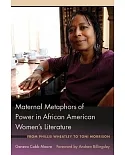
Maternal Metaphors of Power in African American Women’s Literature: From Phillis Wheatley to Toni Morrison
$2,700 -
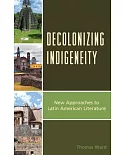
Decolonizing Indigeneity: New Approaches to Latin American Literature
$4,275 -
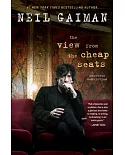
The View from the Cheap Seats
$249 -
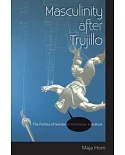
Masculinity After Trujillo: The Politics of Gender in Dominican Literature
$988 -
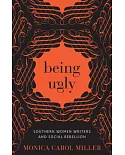
Being Ugly: Southern Women Writers and Social Rebellion
$1,798 -
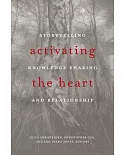
Activating the Heart: Storytelling, Knowledge Sharing, and Relationship
$875 -
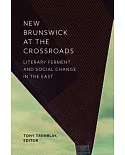
New Brunswick at the Crossroads: Literary Ferment and Social Change in the East
$1,400 -
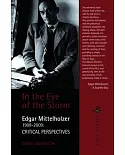
In the Eye of the Storm: Edgar Mittelholzer 1909-2009: Critical Perspectives
$1,618 -
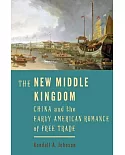
The New Middle Kingdom: China and the Early American Romance of Free Trade
$2,923 -

All Things Twain: An Encyclopedia of Twain’s World
$8,910 -
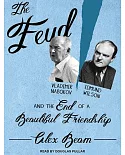
The Feud: Vladimir Nabokov / Edmund Wilson and the End of a Beautiful Friendship
$1,225 -
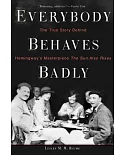
Everybody Behaves Badly: The True Story Behind Hemingway’s Masterpiece the Sun Also Rises
$560

